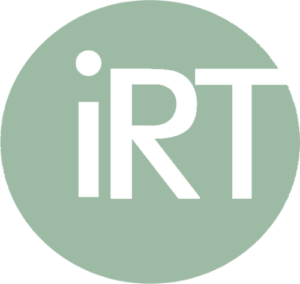Recovery Training and Self-Help (RTSH) is a group aftercare program for individuals recovering from opioid addiction. A professional therapist and a group leader co-lead participants through a program designed to deactivate addiction by teaching and supporting alternative responses to stimuli previously associated with opioid use. The overall goal is abstinence.
Project SUCCESS
Project SUCCESS (Schools Using Coordinated Community Efforts to Strengthen Students) is designed to prevent and reduce substance use among students 12 to 18 years of age. The four-part program includes education about substance use and consequences, school-wide activities to change social norms about substance use, a parent education component, and individual and group counseling for students and parents.
PRIME For Life
PRIME for Life (PFL) is a motivational intervention for adults, and has been used primarily among court-referred impaired driving offenders. Trained instructors use multimedia, guided instruction, and motivational interviewing techniques to increase participant motivation to change their perceptions of the risks of drug and alcohol use. The overall goals are to reduce risk of alcoholism or addiction, reduce intention to use substances, and reduce substance use-related crimes or delinquency.
Family Support Network
Family Support Network (FSN) is an outpatient, multi-provider, substance abuse treatment program targeting youth ages 10-18 years. FSN includes 12 sessions of cognitive behavioral therapy for the adolescent, six family education meetings addressing recovery and family management issues, four home visits to reinforce the family’s commitment to treatment for the adolescent, and case management to address barriers to treatment. The overall goal is abstinence from substance use.
Cocaine-Specific Coping Skills Training
Cocaine-Specific Coping Skills Training (CST) is a therapeutic treatment approach designed for adult cocaine users. Participants work with a trained psychologist individually or in a group, learning skills and behaviors to reduce and avoid drug use. CST is delivered in up to eight 45-minute sessions three to five times a week. The overall goal is abstinence from cocaine and alcohol.
Chestnut Health Systems – Bloomington Adolescent Outpatient and Intensive Outpatient Treatment Model
Chestnut Health Systems- Bloomington Adolescent Outpatient and Intensive Outpatient Treatment Model is a therapeutic intervention designed for youth ages 12 to 18 who meet the American Society of Addiction Medicine’s criteria for Level I or Level II treatment placement. Treatment includes a 14-week skill-building group, weekly group counseling sessions, and an individualized treatment plan. The overall goal is behavioral and emotional change that leads to abstinence from alcohol and drugs.
